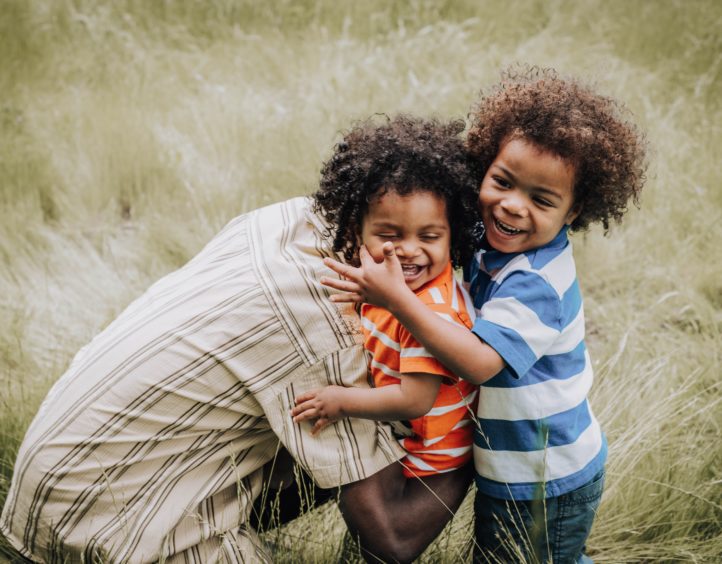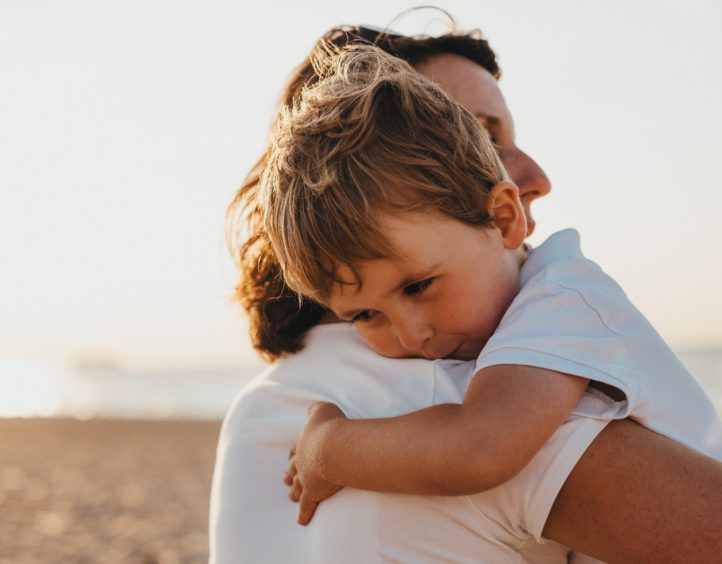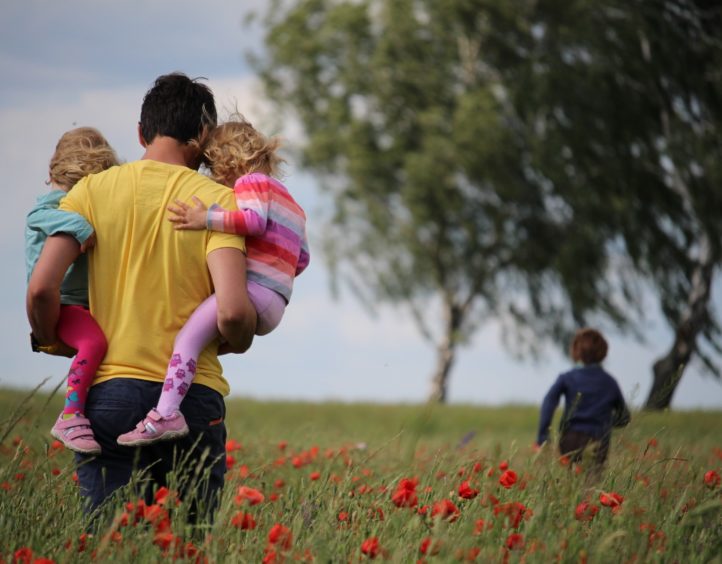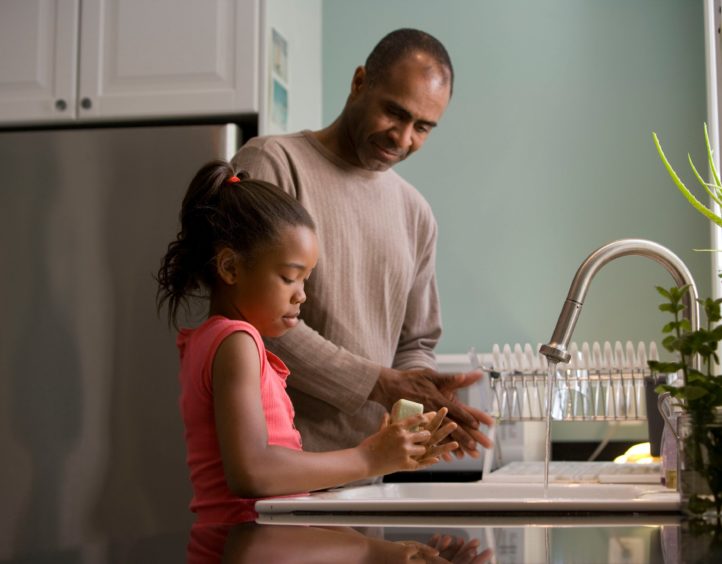POSITIVE PARENTING EXPLAINED
POSITIVE PARENTING
What is positive parenting?
It means building a balanced relationship with your child, allowing them to gain self-confidence, autonomy, a sense of responsibility and curiosity. The child will learn to talk about their emotions, to communicate respectfully and to recognize what others are feeling. This approach is also called caring education, and is neither a form of authoritarianism nor laxity. It is a form of education based on understanding and respecting one’s child.
Steps to manage a crisis:
CONNECT WITH THE CHILD
At birth, children have a right brain and a left brain. The right brain manages emotions, while the left brain is related to reasoning, with the latter not yet developed at birth. This is why children only function using their emotions and may be clouded by "emotional storms.” It is up to us to teach them how to make their two brains work so that they can manage their emotions.
BE EMPATHETIC
Behind anger is an unexpressed need. Find out what the need is behind this behavior. Young children don’t know how to manage their emotions or express their needs using simple words. Don’t class their behavior as a tantrum, but rather listen and understand them, in order to act in a calm and caring way without entering into a power struggle. Use empathy to get your child's attention and send them a message.
TIPS
Lay down or remind them of the rules:
- Explain that there are limits.
- The child needs a framework as a form of reassurance.
Other tips:
The toddler’s brain does not yet understand negation (ex: When told NOT to run, their attention is focused on the word run, which might encourage them to run). It’s therefore best to tell them what they can do (e.g. instead of saying “Don’t jump on the couch,” say: “We sit on couches”).
To empower your child and reduce the likelihood of disobedience, you can ask a question instead of giving them a command. When your child is thinking, they will feel big and responsible. They will also be more cooperative.
MAKING AMENDS
Children are encouraged to make amends. We can offer solutions for young children. We engage and empower children. The idea is to get them into the habit of making amends. Rather than punishing them, teaching them to make amends shows them acceptable behaviors (e.g.: If they spill their glass of milk, you can say: "Oops, there's milk on the floor.” So, what do you do when this happens?" Ask them to clean it up with you). Tip: Focusing your energy on reinforcing your child's good behaviors, instead of managing their disruptive ones, can also be effective. It is a good idea to congratulate them by describing what they do well.
THE RIGHT TO MAKE MISTAKES
But be careful; positive parenting is not a miracle method. Crises and conflicts may be less common when adopting this approach, but they will still occur. It’s perfectly normal for you to be irritable at times, to be tired of constantly repeating certain things or to react aggressively to your child's behavior. Even if you are not always 100% into positive parenting, that doesn’t mean you’re a bad parent.
BECOMING A GOOD ROLE MODEL
The most important thing is that you trust yourself and do your best. If you sometimes yell at your child, you can tell them that you shouldn’t have done it and that you’re sorry. This way, you teach them to recognize their mistakes and become a good role model.
REMEMBER!
- Positive parenting encourages the parent to put themselves in the child’s shoes in order to better understand them.
- By adopting this approach, the parent will be educating their child, guiding them as opposed to controlling them.
- Positive parenting practices encourage making amends and working together rather than punishment.
Source : Naître et grandir magazine, March 2018
Researcher and writer: Nathalie Vallerand
Scientific review: Annie Goulet, psychologue






